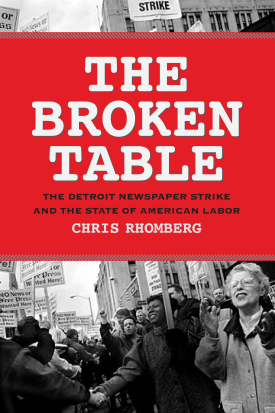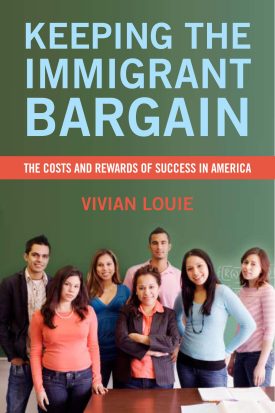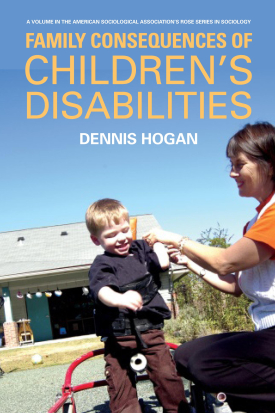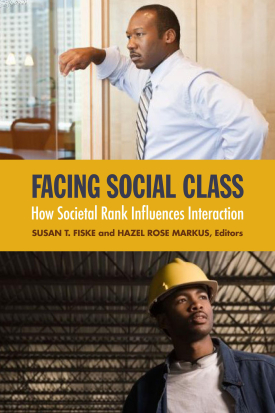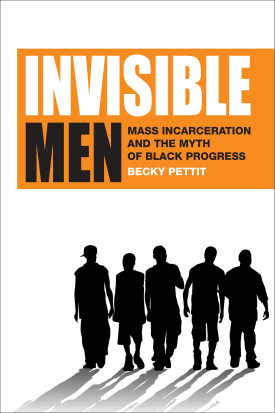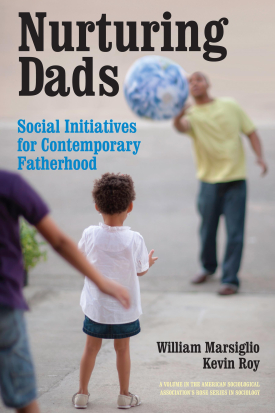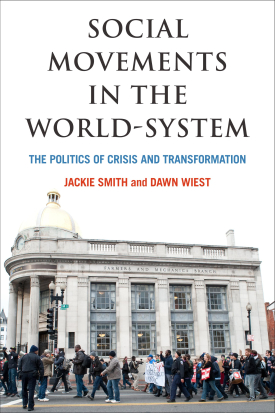
Social Movements in the World-System
About This Book
A Volume in the American Sociological Association’s Rose Series in Sociology
Honorable Mention, 2013 Best Book Award, Political Economy of the World-System Section of the American Sociological Association
Honorable Mention, 2013 Best Book Award, Global and Transnational Sociology Section of the American Sociological Association
Global crises such as rising economic inequality, volatile financial markets, and devastating climate change illustrate the defects of a global economic order controlled largely by transnational corporations, wealthy states, and other elites. As the impacts of such crises have intensified, they have generated a new wave of protests extending from the countries of the Middle East and North Africa throughout Europe, North America, and elsewhere. This new surge of resistance builds upon a long history of transnational activism as it extends and develops new tactics for pro-democracy movements acting simultaneously around the world.
In Social Movements in the World-System, Jackie Smith and Dawn Wiest build upon theories of social movements, global institutions, and the political economy of the world-system to uncover how institutions define the opportunities and constraints on social movements, which in turn introduce ideas and models of action that help transform social activism as well as the system itself. Smith and Wiest trace modern social movements to the founding of the United Nations, as well as struggles for decolonization and the rise of national independence movements, showing how these movements have shifted the context in which states and other global actors compete and interact. The book shows how transnational activism since the end of the Cold War, including United Nations global conferences and more recently at World Trade Organization meetings, has shaped the ways groups organize. Global summits and UN conferences have traditionally provided focal points for activists working across borders on a diverse array of issues. By engaging in these international arenas, movements have altered discourses to emphasize norms of human rights and ecological sustainability over territorial sovereignty. Over time, however, activists have developed deeper and more expansive networks and new spaces for activism. This growing pool of transnational activists and organizations democratizes the process of organizing, enables activists to build on previous experiences and share knowledge, and facilitates local actions in support of global change agendas.
As the world faces profound financial and ecological crises, and as the United States' dominance in the world political economy is increasingly challenged, it is especially urgent that scholars, policy analysts, and citizens understand how institutions shape social behavior and the distribution of power. Social Movements in the World-System helps illuminate the contentious and complex interactions between social movements and global institutions and contributes to the search for paths toward a more equitable, sustainable, and democratic world.
JACKIE SMITH is professor of sociology at the University of Pittsburgh.
DAWN WIEST is senior research analyst at the American College of Physicians.

